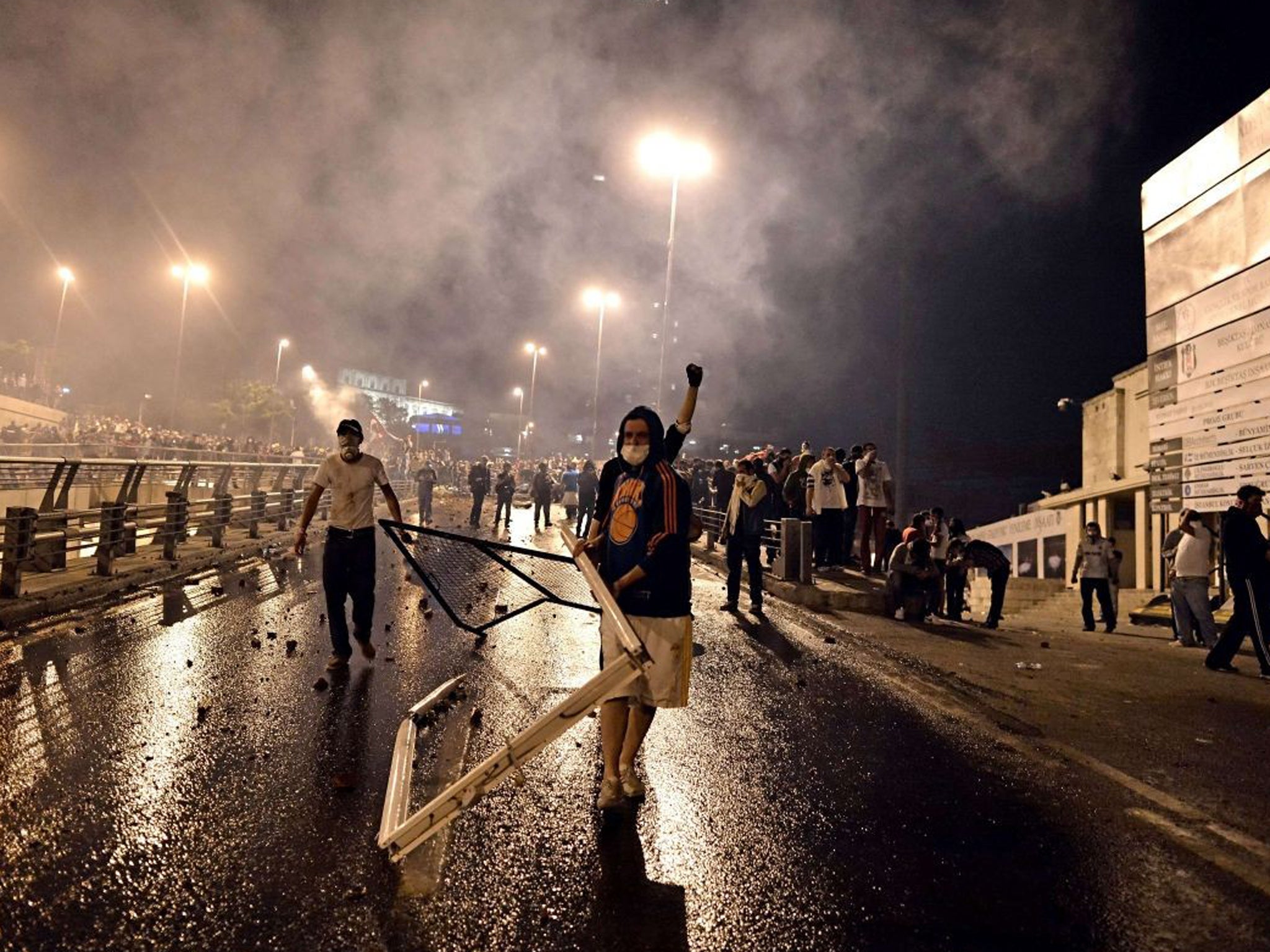Turkey riots: protesters turns to VPN software in anticipation of Internet crackdown
Downloads of Hotspot Shield jumped to 100,000 in 24 hours

Record number of Turkish citizens have been downloading virtual private network (VPN) services, in an attempt to pre-empt the government’s shutdown of the internet.
Anchorfree, the makers of free VPN software Hotspot Shield, announced over the weekend that downloads of their program had increased by more than 1,000 per cent during the riots.
The company reported that Turkey usually has about 10,000 new users of their software each day, but that that figure jumped to just under 100,000 on Saturday.
Although there has of yet been no clear indication that the Turkish government is prohibiting internet access (as happened in Egypt in January 2011), reports suggest that access is being throttled.
TechCrunch spoke to sources from the tech community in Istanbul on Saturday, with the majority reporting that the government was drastically reducing the internet speed. Anecdotal evidence also suggested that access to 3G networks and social media sites was affected.
Despite this, Turkcell, the largest mobile network in the company with 60 per cent of total users denies restricting access whilst Renesys, a company that monitors international networks, has reported that they have observed “no significant changes in Turkey’s Internet routing” and “no significant outages”.
Turkish prime minister Recep Tayyip Erdogan has previously referred to social media as “the worst menace to society” and has singled out Twitter a contributing factor for the protests.
Under Erdogan’s government Turkey has restricted citizens’ internet freedoms including the 2011 launch of an internet filtering system with four different settings (‘standard’, ‘children’, ‘family’ & ‘domestic’).
Other incidents include a 2007 ban of YouTube for two years after the video-site hosted a video allegedly denigrating Turkey’s founder. Later infractions included the banning of search terms such as “girl” and “partner”.
In light of this behaviour and government response to the current protests, the mass-download of VPN software seems a logical move for protesters.
As well as Hotspot Shield, citizens have also been using software such as Ustream (a service allowing live-streaming) and walkie talkie app Zello to create new channels of communication should the government decides to restrict access further.
Join our commenting forum
Join thought-provoking conversations, follow other Independent readers and see their replies
Comments
Bookmark popover
Removed from bookmarks